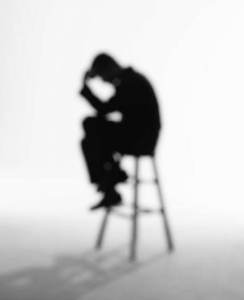Read the interview here on Jane Friedman’s site. I’ve mentioned Jane Friedman before. Her site is like the Fort Knox of information for writers. Gold standard, gold mine, gold star–okay, enough. Some days I think my blog should simply be: check out Jane Friedman, repeated two or three times a week.
So much to read on editing and writing and publishing, so little time . . . so I often miss things the first time around. Or read them and file them somewhere on my computer. (I am most definitely not of the clean desk, focused mind school of thought.) This interview is a few months old. Apologies if you’ve already seen it.
April Eberhardt is an agent in the Bay Area, who’s embraced the changing landscape of the publishing world. This interview presents a good overview of that world in general, and good women’s fiction in particular. I urge you to check out her site as well.
What I particularly want to call out and re-emphasize is her recommendation to writers to read. My first creative writing teacher in college made form, function, and imitation assignments: write a poem in the style of ee cummings, a Shakespearean sonnet, like that. That’s one way of learning to write by reading. There are others.
For me reading and writing are like one compound activity. As I read I notice pacing, story arc, characterization techniques, choice of details–dozens of things I’m not even necessarily consciously aware of. It becomes something akin to muscle memory that I bring it to my own writing.
And when I teach or coach writers I almost always encourage them to read something that their work reminds me of in some way or for some specific purpose.
Read on and write on!

